The Ultimate Scare List: 10 Horror Books to Challenge Your Courage
The thrill of fear is a unique experience that captivates many of us. Whether it’s the spine-tingling sensation of a dark, suspenseful movie, the gripping pages of a horror novel, or the eerie silence of a haunted house, the rush of adrenaline we feel when we confront fear is both exhilarating and addictive.
This attraction to fear can be traced back to our primal instincts; it serves as a mechanism for survival. By experiencing fear in a controlled environment, we allow ourselves to explore our deepest anxieties without real-life consequences. The exploration of scary things can lead to a sense of catharsis, allowing us to confront our fears in a safe space, making horror not only entertaining but also psychologically rewarding.
As readers, we find ourselves drawn to stories that delve into the darker aspects of human nature and the unknown. Horror literature often serves as a mirror reflecting our deepest fears, anxieties, and societal issues. It confronts us with uncomfortable truths, provoking thought and discussion around themes like mortality, isolation, and the complexities of human psychology.
This connection between fear and self-discovery is why many people seek out horror books; they provide an opportunity to confront the unthinkable, to grapple with existential dread, and to examine the human condition in ways that more conventional genres may not.
The thrill of fear in literature is not just about the adrenaline; it’s about understanding ourselves and the world around us. If you are ready to scare yourself senseless, here are 10 books that I recommend to help you get started:
1. "Child of God" by Cormac McCarthy
In this haunting novel, we follow Lester Ballard, a man living on the fringes of society in rural Tennessee during the 1950s. As he becomes increasingly alienated and estranged from the townspeople, his descent into madness leads him to commit unspeakable acts, revealing the darkest corners of the human psyche. The novel paints a stark portrait of isolation and the struggle for identity in a world that shuns and vilifies.
What Makes It Scary: McCarthy’s exploration of moral decay and the depravity of human nature evokes a visceral fear. The chilling atmosphere, combined with Lester’s disturbing actions, forces readers to confront the thin veneer of civilization and what lies beneath.
2. "I'm Thinking of Ending Things" by Iain Reid
This psychological thriller centers on a young woman who embarks on a road trip with her boyfriend to meet his parents on a remote farm. As the journey progresses, she grapples with her relationship and the unsettling thoughts of ending things. The narrative twists and turns, leading to a surreal and disorienting climax that blurs the line between reality and the subconscious.
What Makes It Scary: The novel’s tension lies in its exploration of identity, existential dread, and the unsettling nature of relationships. The sense of impending doom and psychological unraveling creates a haunting atmosphere that lingers long after reading.
3. "Pet Sematary" by Stephen King
This gripping tale follows Louis Creed, a doctor who moves with his family to a rural town in Maine, where they discover a pet cemetery with the power to resurrect the dead. When tragedy strikes, Louis’s grief leads him to make a harrowing decision that unleashes a chain of horrific events, revealing the dark consequences of defying the natural order.
What Makes It Scary: King’s exploration of grief and loss, coupled with the chilling premise of resurrection, taps into primal fears about death and what lies beyond. The emotional depth and moral dilemmas faced by Louis create a profound sense of dread.
4. "The Amityville Horror" by Jay Anson
Based on the purportedly true events experienced by the Lutz family after moving into a house in Amityville, New York, this novel recounts their terrifying experiences with supernatural occurrences, including strange noises, cold spots, and violent visions. As the family’s sanity unravels, they must confront the malevolent force that seems to haunt their home.
What Makes It Scary: The novel’s claim of being based on true events amplifies its horror, playing on fears of the unknown and the idea that evil can reside in ordinary places. The escalating terror and psychological tension make for a gripping read.
5. "The Bunker Diary" by Kevin Brooks
This unsettling novel follows a group of strangers who find themselves trapped in a bunker with no memory of how they got there. As days pass, tensions rise, and the true nature of their captivity is revealed. The narrative is presented through the diary of one of the captives, providing an intimate glimpse into their fear, desperation, and the psychological toll of isolation.
What Makes It Scary: The claustrophobic setting and the unraveling of the characters’ minds create an intense atmosphere of dread. The slow descent into paranoia and hopelessness highlights the fragility of the human psyche under extreme circumstances.
6. "The Exorcist" by William Peter Blatty
This iconic horror novel tells the story of a young girl, Regan, who becomes possessed by a demonic entity, leading her mother to seek help from two priests. As they confront the terrifying supernatural force, the story delves into themes of faith, fear, and the battle between good and evil.
What Makes It Scary: Blatty’s depiction of possession is both visceral and unsettling, tapping into deep-seated fears of losing control over one’s body and mind. The intense and graphic nature of the exorcism scenes, combined with the exploration of faith, makes for a truly chilling experience.
7. "Rosemary's Baby" by Ira Levin
In this psychological horror novel, Rosemary Woodhouse, a young pregnant woman, begins to suspect that her neighbors and even her husband are involved in a sinister plot concerning her unborn child. As she delves deeper into the mystery, she faces terrifying truths about the world around her and the nature of her pregnancy.
What Makes It Scary: Levin masterfully blends the ordinary with the horrific, creating a palpable sense of paranoia. The idea of betrayal by loved ones and the loss of autonomy over one’s own body resonates deeply, making the horror feel personal and all too real.
8. "Ring" by Kōji Suzuki
This chilling tale follows journalist Reiko Asakawa, who investigates a mysterious videotape that curses its viewers to die seven days after watching it. As she races against time to uncover the origins of the tape and save herself and her loved ones, she uncovers dark secrets tied to the malevolent spirit behind the curse.
What Makes It Scary: The concept of a curse transmitted through media is a terrifying commentary on technology and its impact on life and death. The slow reveal of the supernatural elements combined with the palpable tension creates a deeply unsettling atmosphere.
9. "Lord of the Flies" by William Golding
This classic novel tells the story of a group of boys stranded on a deserted island who attempt to govern themselves, only to descend into chaos and savagery. As their society unravels, the darkness within each boy emerges, leading to violence and brutality in a struggle for power and survival.
What Makes It Scary: Golding’s exploration of the inherent evil within humanity is profoundly unsettling. The transformation from innocence to savagery serves as a stark reminder of the thin veneer of civilization that can quickly dissolve in the absence of societal structure.
10. "Blindness" by José Saramago
In this dystopian novel, an inexplicable epidemic of sudden blindness strikes a city, leading to societal collapse. As the government quarantines the afflicted, the struggle for survival and the breakdown of order reveal the darker aspects of human nature in the face of chaos.
What Makes It Scary: Saramago’s vivid portrayal of societal breakdown and moral decay evokes a deep sense of fear and hopelessness. The blindness serves as a metaphor for ignorance and the fragility of civilization, forcing readers to confront the potential for brutality and despair within themselves.
The exploration of fear through horror books allows us to grapple with the complexities of human emotion and the darker aspects of our existence. The chilling narratives presented in the books we’ve discussed not only entertain but also provoke introspection, leaving us with lingering questions about life, death, and the human condition.
As I close this discussion on the allure of horror literature, it’s clear that our fascination with fear is a fundamental aspect of our nature, enabling us to confront our deepest anxieties in a safe and engaging way. These stories remind us that while fear can be paralyzing, it can also be transformative, leading to a greater understanding of ourselves and the world we inhabit.
I’d love to hear from you! What do you consider the scariest books ever written? Horror literature is vast and varied, and there are countless hidden gems and underground masterpieces waiting to be discovered. Share your recommendations in the comments section below, and let’s create a rich tapestry of terrifying tales that ignite the imagination and send chills down our spines.
Together, we can explore the darker side of literature and celebrate the stories that continue to haunt and thrill us long after we’ve turned the last page.

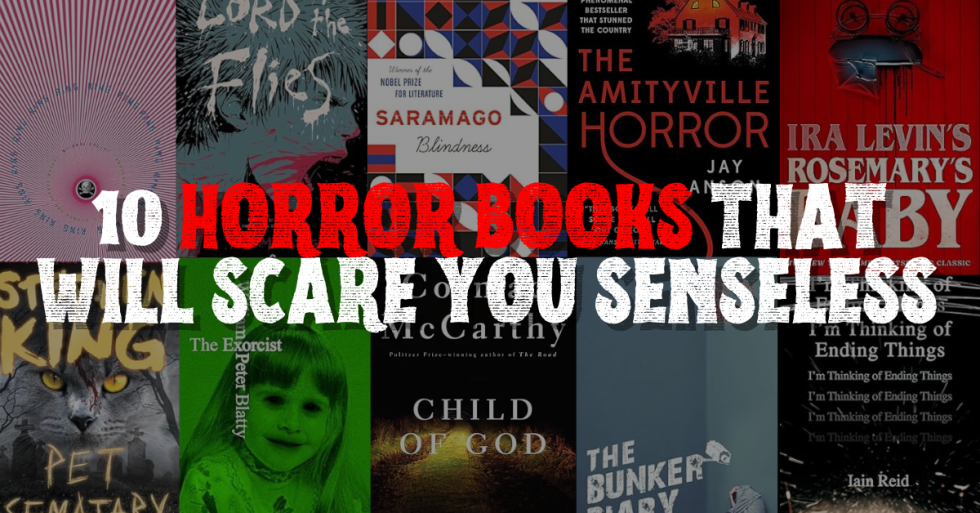
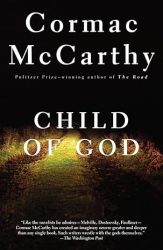
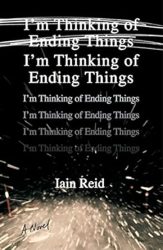
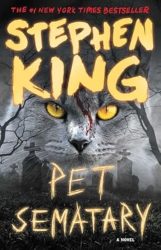
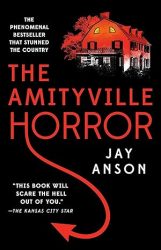
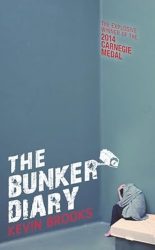
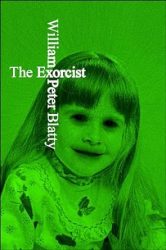
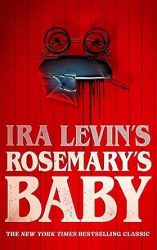
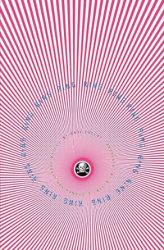
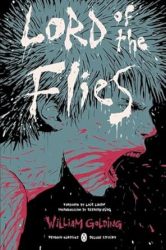
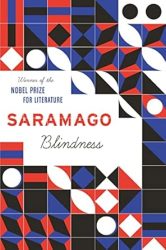
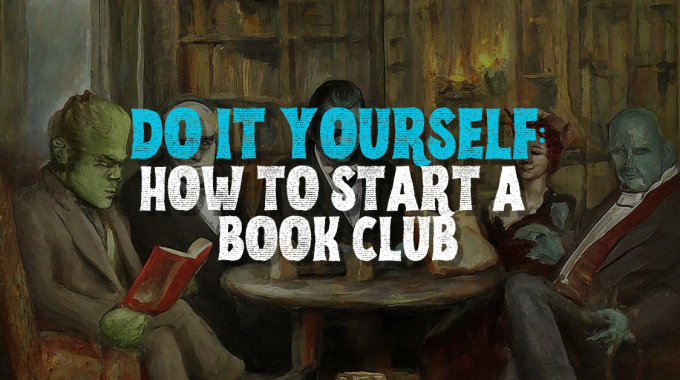
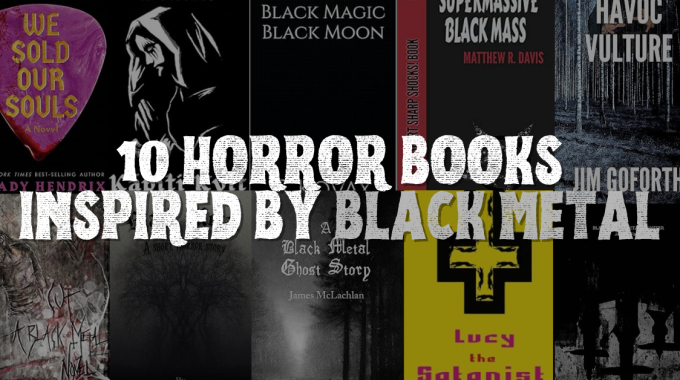
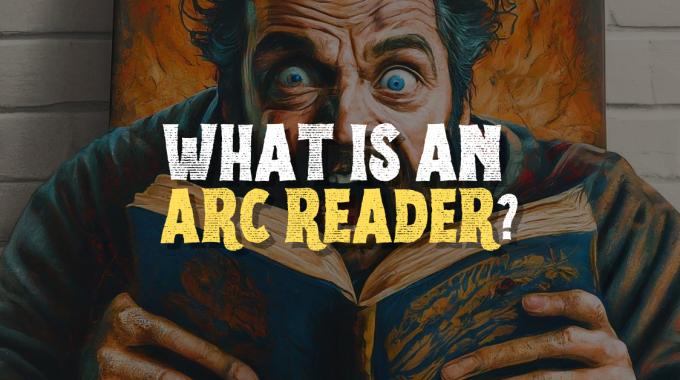
This Post Has 0 Comments